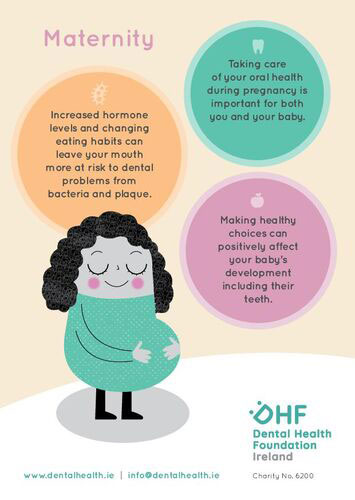
Dental care during pregnancy is a critical aspect of overall maternal and fetal health. A healthy mouth significantly impacts the well-being of both mother and baby, and understanding the specific needs of this period is paramount. Pregnancy brings about significant hormonal fluctuations, impacting various bodily systems, including oral health. This comprehensive guide will explore the unique oral health challenges expectant mothers face, delve into the best practices for dental care during pregnancy, and provide actionable steps to prevent and manage common problems. We’ll cover everything from prenatal dental checkups to managing dental pain or emergencies. Let’s embark on a journey to understand and address the intricacies of dental care during pregnancy.
Understanding the Hormonal Impact on Oral Health
The Role of Hormones During Pregnancy
Pregnancy is a period of significant hormonal shifts, with fluctuating levels of estrogen and progesterone impacting various bodily functions, including oral health. These hormonal changes can lead to increased blood flow and inflammation in the gums, making them more susceptible to irritation and infection. This increased sensitivity and vulnerability can manifest in several ways, as we will discuss in the next section.
Common Oral Health Issues Associated With Pregnancy
During pregnancy, women are more prone to developing conditions like gingivitis and pregnancy-induced gum inflammation. These conditions, often characterized by swollen, tender, and bleeding gums, can be exacerbated by hormonal fluctuations and changes in oral hygiene routines. Additionally, hormonal changes can affect the body’s ability to fight off infections, potentially increasing the risk of developing oral infections.
Prioritizing Prenatal Dental Checkups
Importance of Regular Checkups
Maintaining regular dental checkups during pregnancy is not just a good idea—it’s crucial. These appointments offer an opportunity for your dentist to monitor your oral health, identify any developing problems early on, and discuss personalized dental care strategies tailored to your specific needs. Early detection of potential issues, like gingivitis or cavities, is key to minimizing the impact on your overall health. Don’t delay your prenatal checkups; schedule them well in advance to make sure you’re covered.
Addressing Specific Dental Concerns
During your prenatal dental appointment, discuss any specific dental concerns or anxieties you might have about your oral health during pregnancy. Be open and honest about your concerns, including previous dental issues or concerns about potential pain or discomfort. Proactive communication with your dentist is vital for successful and comfortable management of any potential problems.
Managing Dental Pain or Emergencies
Recognizing Potential Pain Points
Dealing with dental pain during pregnancy can be challenging. Pain can stem from various causes, and it’s crucial to understand the potential contributing factors, including hormonal fluctuations and potential oral infections. It’s important to distinguish between minor discomfort and more serious concerns.
Seeking Prompt Dental Care
If you experience any persistent or severe dental pain, it’s crucial to seek immediate dental attention. Delaying treatment can worsen the issue and potentially impact your overall well-being. Schedule an appointment as soon as possible.
Dietary Considerations During Pregnancy
The Importance of Oral Health and Diet
Maintaining a healthy diet during pregnancy plays a vital role in promoting both maternal and fetal well-being. Certain nutritional deficiencies can impact oral health, whereas a healthy diet helps to strengthen teeth and gums.
Recommendations for Oral Health Promoting Food Choices
Include calcium-rich foods like dairy products, leafy greens, and fortified cereals in your diet to support strong teeth. Be mindful of sugary snacks and drinks which can lead to an increase in bacteria in the mouth that can damage enamel and cause cavities.
Maintaining Proper Oral Hygiene
Importance of Oral Hygiene Practices
Maintaining good oral hygiene is key to preventing and managing oral health problems during pregnancy. A consistent routine, including brushing and flossing, helps to remove plaque and food particles, reducing the risk of cavities and gum inflammation.
Specific Recommendations for Pregnant Women
During pregnancy, it is essential to be extra careful about oral hygiene. Utilize a soft-bristled toothbrush and be gentle when brushing to avoid any potential harm to the delicate gums. Make sure to floss regularly to remove food particles from between the teeth and around the gum line.
In conclusion, maintaining optimal oral health during pregnancy is crucial for both maternal and fetal well-being. By understanding the unique challenges and proactively addressing them with a well-rounded dental care plan, expectant mothers can safeguard their oral health and contribute to a healthy pregnancy journey. Remember to schedule a consultation with your dentist as soon as you know you are pregnant for personalized advice and proactive care. This comprehensive guide equips you with the knowledge to navigate the dental landscape of pregnancy and ensures a happy, healthy smile throughout your journey to motherhood.